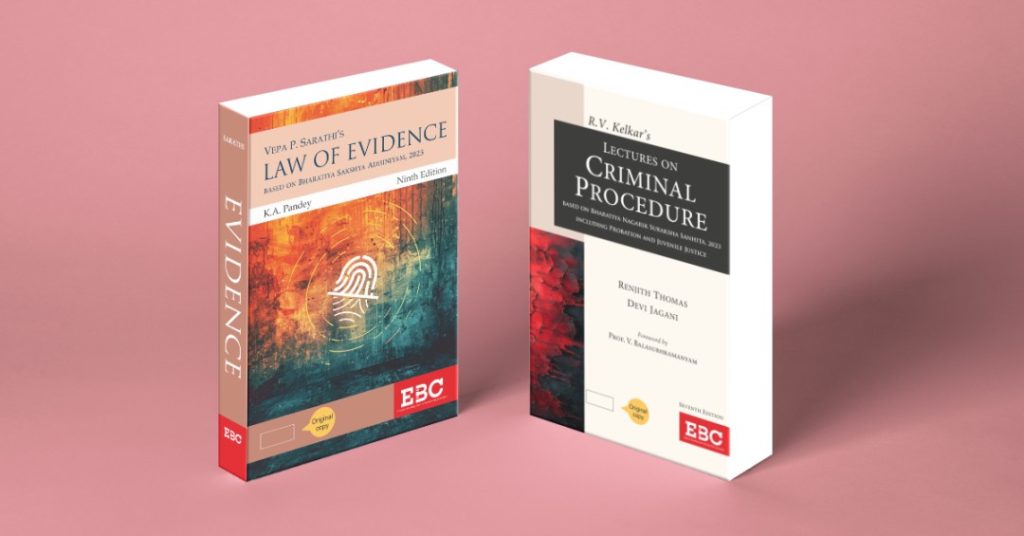
Criminal law can be complex, but the right resources make all the difference. With these latest launches by EBC, understanding key legal principles just got easier, whether you’re a student, a practicing lawyer, or just curious about the law.
About the book
V.P. Sarathi’s Law of Evidence offers a thorough and insightful exploration of the Bharatiya Sakshya Adhiniyam, 2023—the landmark legislation that replaces the colonial-era Indian Evidence Act of 1872. This updated edition captures the law’s transformative shift, especially in recognizing digital and electronic records as primary evidence. With clear explanations of key features—like the equal footing of digital and physical documents, and the expanded role of expert and forensic testimony—this book serves as an essential guide to understanding evidence in India’s modern legal landscape.
Key Features
Comparative View: Side-by-side analysis of the Bharatiya Sakshya Adhiniyam, 2023 and the Indian Evidence Act, 1872.
Focus on Electronic Evidence: Expanded definition of primary evidence with clear examples.
Expert & Forensic Insights: Modern standards for admissibility explained in detail.
Student-Friendly: Clear, analytical, and practical—ideal for students and professionals alike.
Scholarly Depth: Authored by a leading expert, backed by strong editorial and research support.
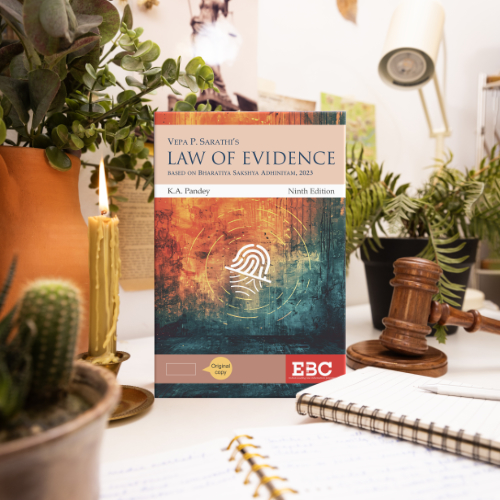
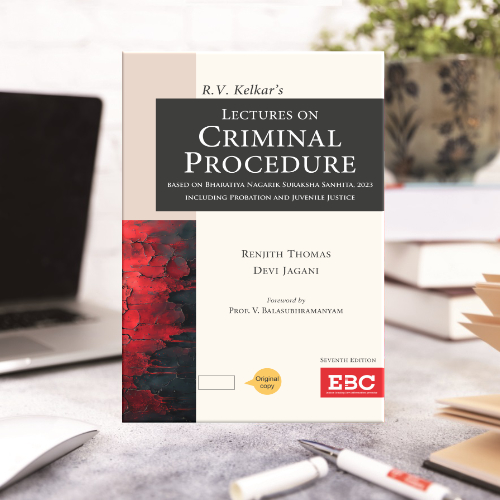
About the book
R.V. Kelkar’s classic on criminal procedure returns in a fully revised 7th edition, reimagined for India’s new legal era under the Bharatiya Nagarik Suraksha Sanhita, 2023. Blending academic depth with classroom clarity, this edition offers topic-wise lectures, practical questions, and sharp commentary on transformative reforms—from tech-enabled processes and plea bargaining updates to strengthened arrest safeguards. An essential companion for students and practitioners, this book is perfectly tuned to the demands of India’s evolving criminal justice system.
Key Features
Aligned with New Law: Fully revised for the Bharatiya Nagarik Suraksha Sanhita, 2023, replacing the CrPC, 1973.
Lecture-Based Format: Structured “lecture” style for easy and effective learning.
Topic-Wise Structure: Logically arranged content for step-by-step understanding.
Latest Case Law: Includes updated Supreme Court and High Court decisions.
Practice-Oriented: End-of-lecture exercises to reinforce concepts and aid exam prep.
To get your hands on more such articles related to criminal laws, do check out:
The Ultimate Guide to Criminal Law in India
Top 10 Essential Bare Acts Every Law Professional Should Possess














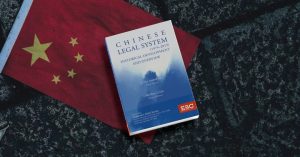
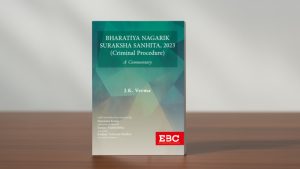
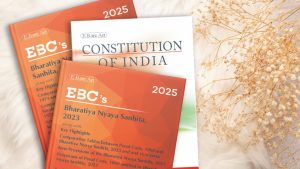
Lawyer Sonia
EBC’s new editions of V.P. Sarathi’s Law of Evidence and R.V. Kelkar’s Lectures on Criminal Procedure offer invaluable insights into India’s evolving legal landscape. These resources are essential for both students and practitioners seeking to navigate the complexities of modern criminal law.